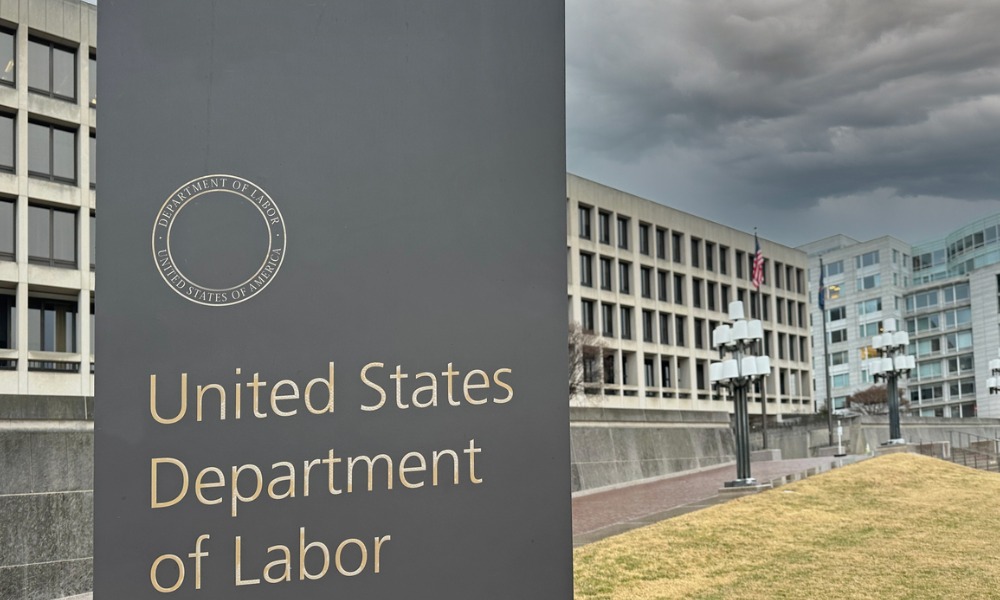Insurance firms reach settlement with US Department of Labor

Insurance firms reach settlement with US Department of Labor | Insurance Business America
Life & Health
Insurance firms reach settlement with US Department of Labor
Agreements relate to practices on evidence of insurability
Life & Health
By
Terry Gangcuangco
The US Department of Labor has announced separate settlements with Unum Life Insurance Co. of America and the Lincoln National Life Insurance Co. that relate to their practices on evidence of insurability.
In Unum’s case, the Labor Department noted: “The company often accepted premiums without verifying if participants were insurable, leaving participants and their beneficiaries to believe they had coverage.
The probe by the department’s Employee Benefits Security Administration (EBSA) also found that Unum provided coverage to dependents in certain policies without evidence of insurability, then denying coverage if the dependent died within two years of the policy’s issuance and they were apparently disabled at the time of enrollment.
Under the settlement, the Portland, Maine-based insurer will now have to change how it administers its proof of good health requirement (evidence of insurability) for participants in job-based life insurance plans.
The agreement also prohibits Unum from denying benefits claims under an ERISA-governed (Employee Retirement Income Security Act) group life insurance policy solely because of a lack of evidence of insurability when a plan participant has paid premiums for 90 days or more.
Additionally, Unum must take steps to be more transparent in terms of changes to its delayed effective date of coverage for dependents.
Lincoln, meanwhile, similarly denied life insurance to participants’ beneficiaries after accepting premiums without obtaining evidence of insurability.
“EBSA will not allow companies to neglect their responsibility for making timely eligibility determinations, collect premiums for months or years, and then deny payment of death benefits to beneficiaries because the company failed in its legal responsibility.”
With the settlement, Lincoln is also required to change its evidence of insurability requirement. It was agreed that Lincoln may only request evidence of insurability from participants within the first year of them paying premiums and cannot consider a participant’s health condition if it arose after receipt of the participant’s first premium payment.
What do you think about this story? Share your thoughts in the comments below.
Related Stories
Keep up with the latest news and events
Join our mailing list, it’s free!






